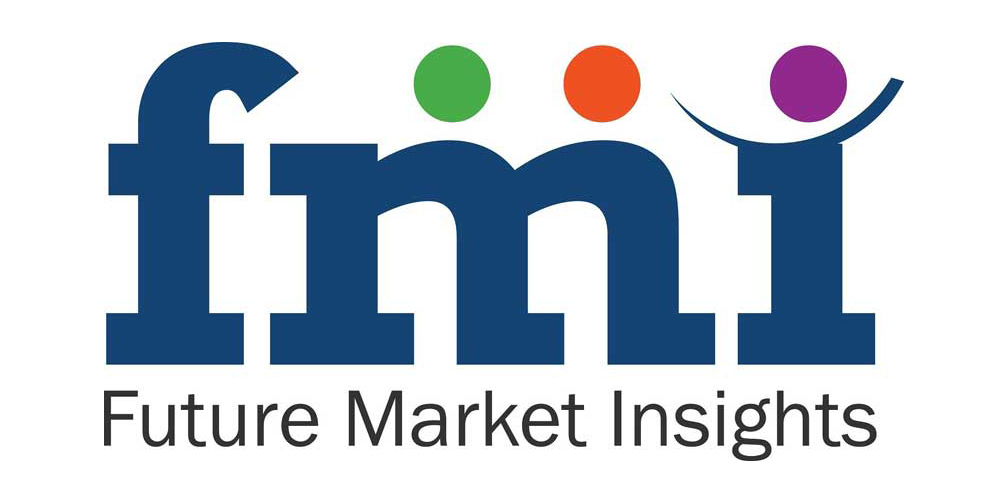As per FMI – an ESOMAR-certified market research firm, the automated cell culture systems market will showcase a CAGR of 8% over the forecast period, 2020-2030.
High-throughput screening technology has turned out to be the need of the hour, especially with large number of biological/chemical compounds being tested to target a particular ailment. As such, leveraging automation and robotics for quick testing of biochemical or biological activities is bound to drive the automated cell culture systems market.
Besides, 3D cell cultures, which were cumbersome and costly earlier, have become feasible, owing to advent of spheroids. Also, they imitate tumors better due to hypoxic core and presence of nutrient gradient.
Researchers in the US and Germany have come up with a protocol to grow 3D cultures of generally used cancer cells to facilitate drug screenings. These factors will continue to put North America and Europe at the top pedestal in the automated cell culture systems market.
Further, requirement of cell lines for devising vaccines against COVID-19 infection will augur well for the automated cell culture market in spite of the pandemic-induced economic downturn.
- To Get a Sample Copy of the Report visit @ https://www.futuremarketinsights.com/reports/sample/rep-gb-7860
Key Takeaways from Automated Cell Culture Systems Market
- Consumables are expected to reach US$ 11 Bn by 2030
- Academic institutes are expected to take greater interests in research related to cell culture over the forecast period due to increased government funding in developed countries
- North America and Europe collectively accounted for more than 60% of market share in 2019
- Infinite cell line cultures held close to 75% of market share in 2019
“Advancements in technology, coupled with large-scale applications in cell-based drug delivery and drug discovery, are projected to drive the global automated cell culture systems market” – says the FMI analyst.
Request Complete TOC Of this Report @ https://www.futuremarketinsights.com/toc/rep-gb-7860
New Product Launches to Remain Key Strategic Focus of Market PlayersPlayers in automated cell culture systems market are focusing on new product launches for expanding their global footprint and strengthening product portfolio.
For instance –
- In Jun 2020, faCellitate announced launching “BIOFLOAT”, its very first product to improve 3D cell culture.
- In Mar 2020, BioProcess International started implementing single-use miniature bioreactors for supporting intensified cell culture by using functional performance indicators for assessing small-scale model
- Corning Incorporated, in Oct 2019, came up with Corning Elplasia Plates and Matrigel for organoid culture. It was an addition to its 3D cell culture portfolio
- Ori Biotech has started developing an automated way of manufacturing cell and gene therapies
- In May, 2020, Sartorius announced launch of the Incucyte SX5® for live-cell analysis, for live-cell analysis experiments
Key SegmentProduct Type
- Automated Cell Culture Storage Equipment
- Automated Cell Culture Vessels
- Bioreactors
- Consumables
Cell Culture Type
- Finite Cell Line Cultures
- Infinite Cell Line Cultures
Application
- Drug Development
- Stem Cell Research
- Regenerative Medicine
- Cancer Research
End User
- Biotech Companies
- Research Organizations
- Academic Institutes
Region
- North America
- Latin America
- Europe
- East Asia
- South Asia
- Oceania
- MEA
